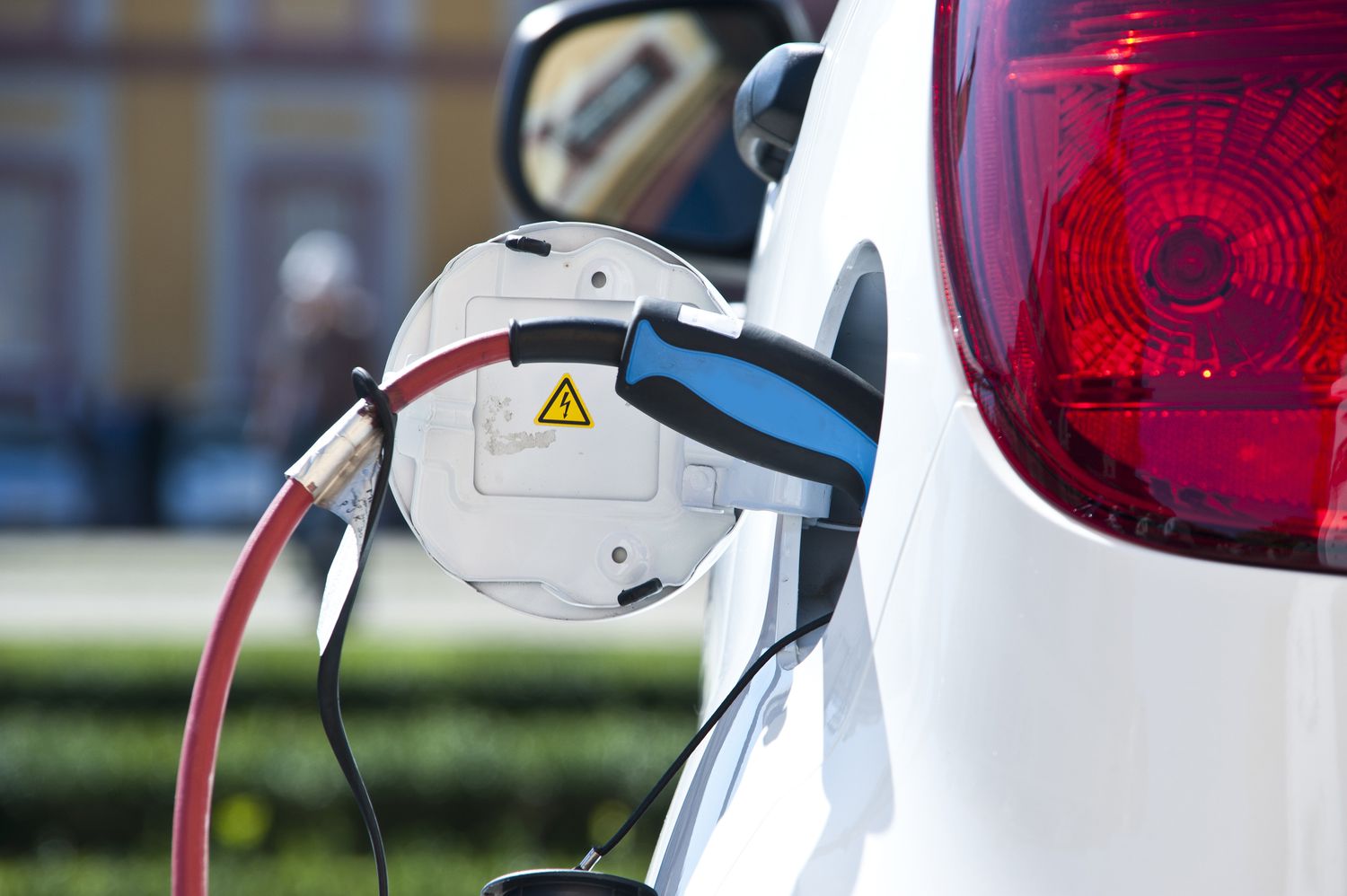It’s often said that running a car is a little like taking your hard-earned cash and burning it. Whether you’re buying outright or considering affordable car finance options, there will always be on-going expenses to cover.
Hence, it’s natural for would-be buyers to wonder – is it really worth buying a car? Even if car finance is an affordable option, is it an on-going expense that’s worth bothering with?
The short answer – it depends on your transportation requirements. While the following facts and figures represent very broad approximations, they should nonetheless give you a good idea as to whether or not buying a car is the right way to go.
Car Running Costs
In this instance, we’ll be taking the costs of the various types of car finance out of the equation. Let’s just assume you’ve bought a car outright, or already factored in the monthly repayments.
Once you own a car, you find yourself liable for a whole bunch of additional expenses. Car insurance can cost anything from £200 to £1,000 per year, vehicle tax averages around £140 for used cars and periodic servicing costs whatever it costs. Your MOT will typically set you back around £50, along with any repairs and maintenance required to keep your car on the road.
Assuming you drive the average 12,000 miles per year in a car that does 40 miles to the gallon, you’ll be looking at an annual fuel bill in the region of around £1,400. Then comes the depreciation of your car’s value, which for a used car (roughly) averages around £110 per year.
In total…and this is a very rough total once again…it’s estimated that the average car costs approximately £3,000 or so per year to run. It can be significantly more or less than this, but this is a decent estimate to go by.
The Alternative Options
Hiring a car by way of a car-sharing scheme immediately eliminates the vast majority of car purchase and ownership costs. You simply pay to use whichever car you need, whenever you need it. However, research suggests that you only stand to save money using a car-sharing scheme if you drive less than 1,700 miles in total per year.
The same also going with taxi services. If you travel no more than 530 miles per year (or 1,300 miles in the case of Uber), this may be a more economical approach than buying a car.
As for public transport and cycling, it’s obvious that both of these alternatives are far cheaper than buying a car. Nevertheless, they may also be completely useless for your daily requirements.
In a Nutshell…
Ultimately, it’s up to you to determine whether or not buying a car is the way to go. If you cover more than 1,700 miles per year, you’ll almost definitely find car ownership more convenient and economical. However, if you only take periodic journeys and tend to stay close to home, you might easily get by without a car in your life. – ukpropertyfinance.co.uk




